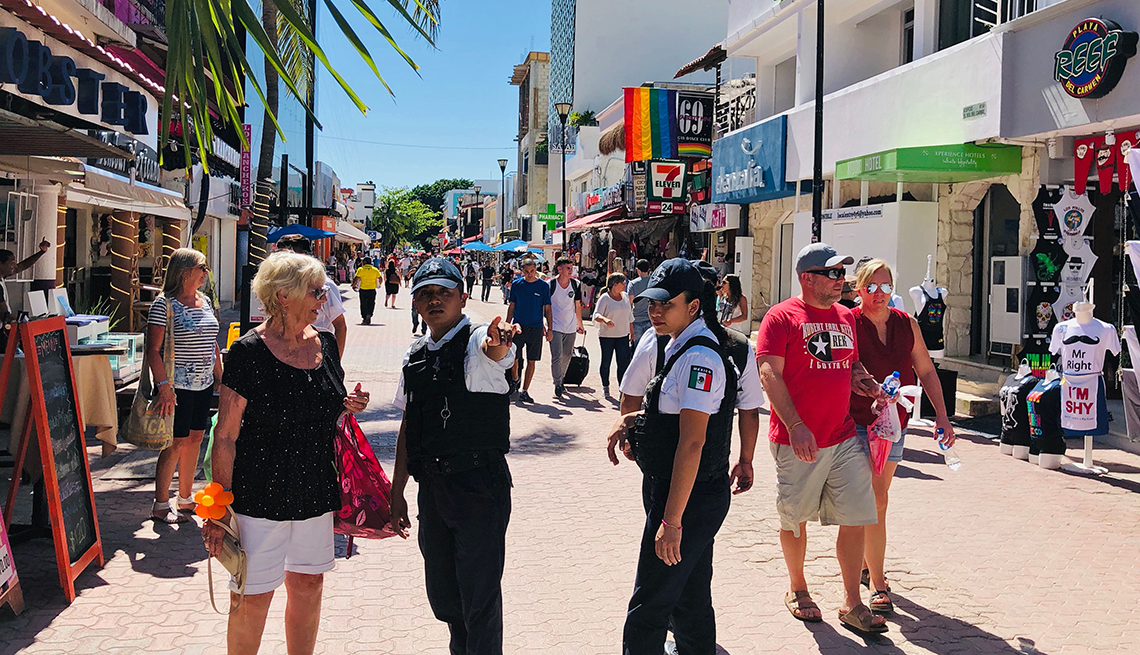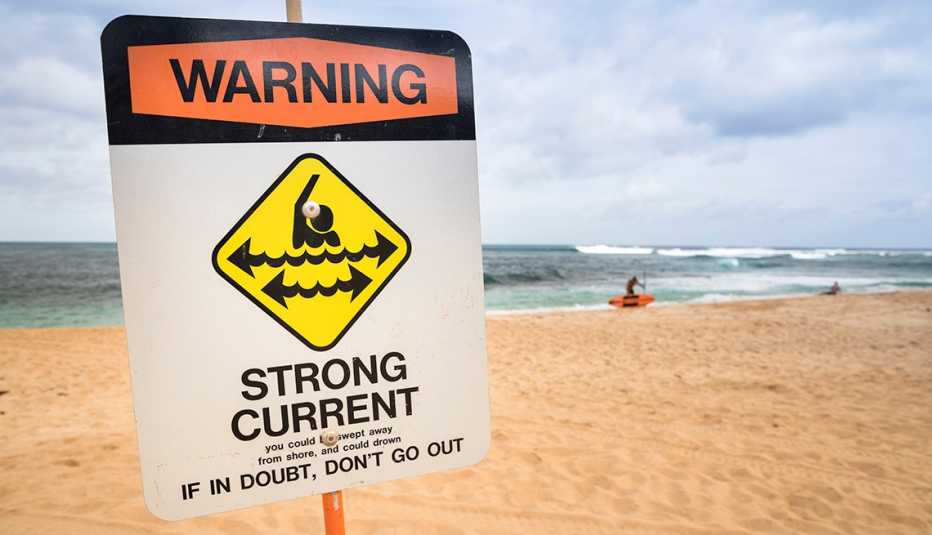AARP Hearing Center
This year brought disturbing reports of visitors mysteriously falling ill, and, in a handful of cases, dying in the Dominican Republic. It sounded bad — maybe even trip-cancelling bad. But assessing the risk of visiting a particular destination is always complicated. Dominican authorities argued that the number of fatalities this year is not out of the ordinary for the two million Americans who visit each year. The U.S. State Department seems to agree: Its travel advisory for the country is still at Level 2, or “Exercise increased caution,” the same level as France.
It's worth paying attention to such reports, of course, but they can be a distraction from the problems you're far more likely to encounter when you travel.
Tips for avoiding the most common, though still relatively rare, threats to travelers:
1. Drive carefully and wear your seatbelt. The leading cause of death among Americans abroad, according to State Department data, is motor vehicle accidents. Over the past decade, car, bus, motorcycle and train accidents have killed an annual average of 224 American drivers, passengers and pedestrians while abroad.
It can be easy to slack off on good habits on vacation, especially in nations where wearing seatbelts has yet to catch on. But if anything, you should be more cautious, especially in developing countries where road conditions can be bad and brake inspections rare. If you're renting a car, consider spending extra to rent a high-quality one, or hire a local driver instead. And stay off the two-wheeled motor vehicles entirely unless you're an experienced rider.






































































